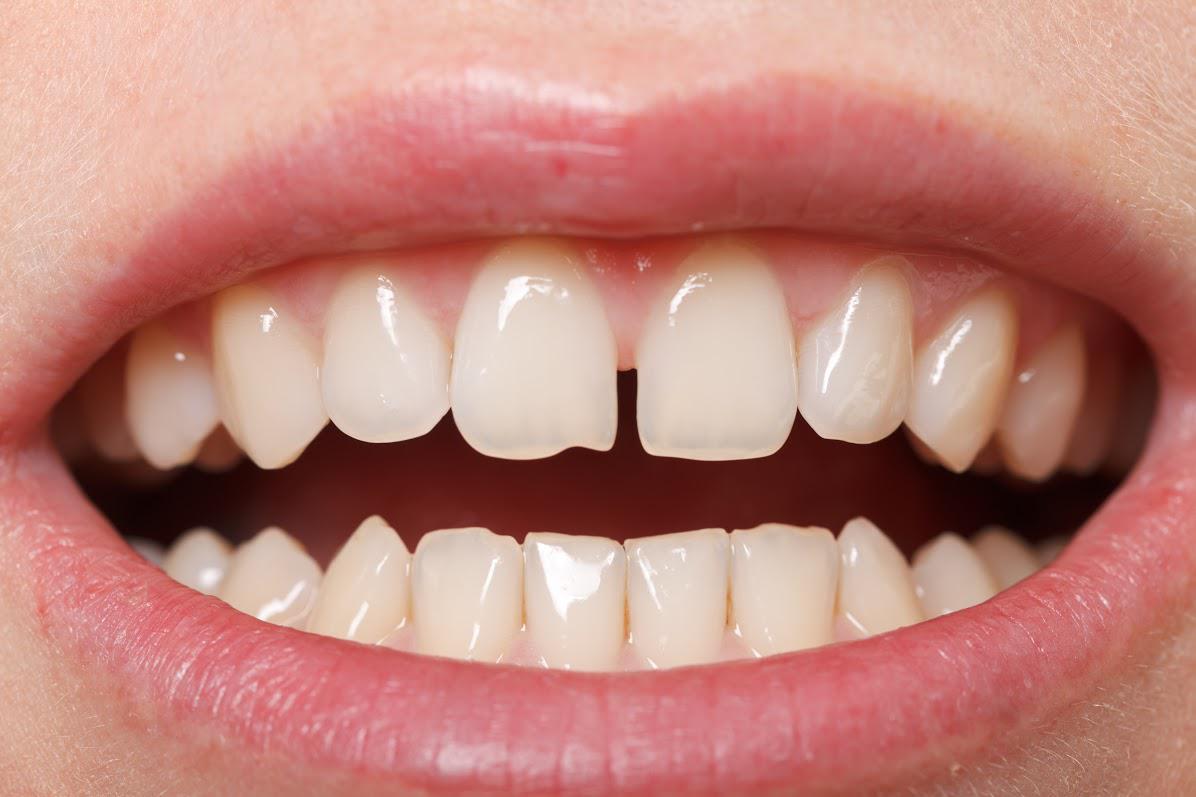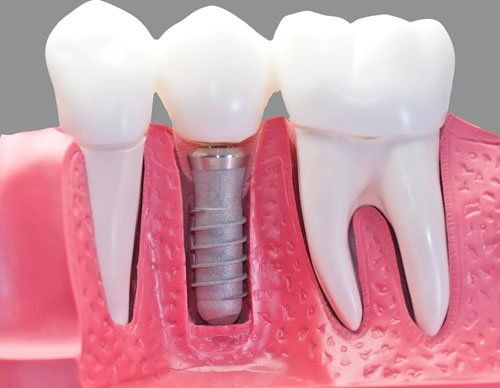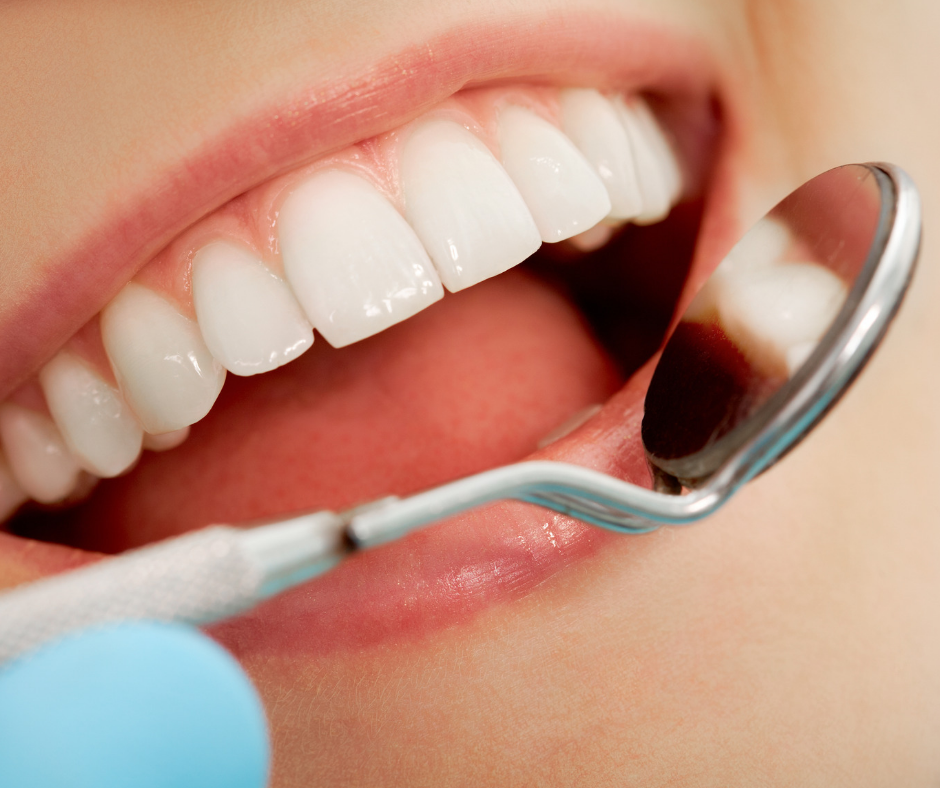
Proper Gum Health Care When You Have Diabetes
Those with diabetes can suffer from a variety of health issues, including potential problems with their gum health. Thankfully, you can take several steps to protect your oral health and ensure that your gums are healthy and in great shape for years to come.
1. Properly Manage Your Diabetes
Diabetes is so damaging to your gums that you must have adequate control over diabetes to minimize oral health risks. For example, the Mayo Clinic suggests carbohydrate management methods to minimize your blood sugar levels. This step involves counting how may carbs you eat and balancing them with healthy foods, such as fruits, protein, fats, and veggies in each meal.
Exercise can also help to manage your type 2 diabetes and gum disease by reversing or even eliminating many diabetic symptoms. Regular checkups and health adjustments with your doctor and dentist also helps track the development of diabetes and gum-related health issues as they occur.
2. Brush Your Gums Regularly
Diabetes will decrease how well your body synthesizes sugar and may leave remnants of it in your mouth for extended periods. As a result, you must brush your gums a few times every day to protect their health. This step not only breaks apart damaging bacteria and plaque but also eliminates sugar in your mouth at the same time.
Brush your gums when you wake up and just before you go to bed. The University of Rochester Medical suggests a soft-bristled brush paired with a fluoride-based toothpaste. Lastly, they suggest that you hold the brush at a 45-degree angle and brush the gums with soft circular motions to get the best results. And if your gums bleed for several days while brushing, talk to a dentist right away.
3. Chew Sugar-Free Gum
Dry mouth is one symptom of diabetes that many people may ignore. This problem occurs — according to the Cleveland Clinic — because of elevated blood sugar in your body. However, some diabetes medications may also cause dry mouth. Unfortunately, a dry mouth can increase your chance of gum disease because you'll have less saliva to fight off bacteria and plaque.
Sugar-free gum is a straightforward way to manage this problem. Chewing gum will naturally increase saliva production and help fight off various gum diseases. You can also get the same effect from other types of sugar-free candies, such as many types of mints. Try to find brands that you enjoy and chew them at least once every few hours.
4. Floss Your Gums Regularly
Diabetes often causes the blood vessels in your mouth to thicken, which can decrease the number of nutrients you get to fight off various types of gum diseases. As a result, you may need to floss a few times every day to protect your gums by eliminating bacteria and food buildups that could trigger gingivitis and other diseases.
Colgate suggests flossing with 18 inches of floss wrapped around your thumb and index fingers. Curve the floss around each tooth, and slide it up and down to break apart plaque and go just beneath the gumline to get the best results.
5. Get Professional Dental Help
If you have diabetes, schedule regular visits with your dentist to get extra gum protection. For example, these professionals can clean your teeth and gums of bacteria that you may have missed. They can also work with your general health doctor to assess the severity of other diabetes-related dental issues.
So if you have diabetes and want to protect your gum health, please contact us at Gregory S Rutherford, DDS, PA , to get the help that you need. Our experts will identify any signs of gum disease and protect you from this problem healthily and constructively.
HOURS OF OPERATION
- Mon - Thu
- -
- Friday
- -
- Sat - Sun
- Closed







HOURS OF OPERATION
- Mon - Thu
- -
- Friday
- -
- Sat - Sun
- Closed










